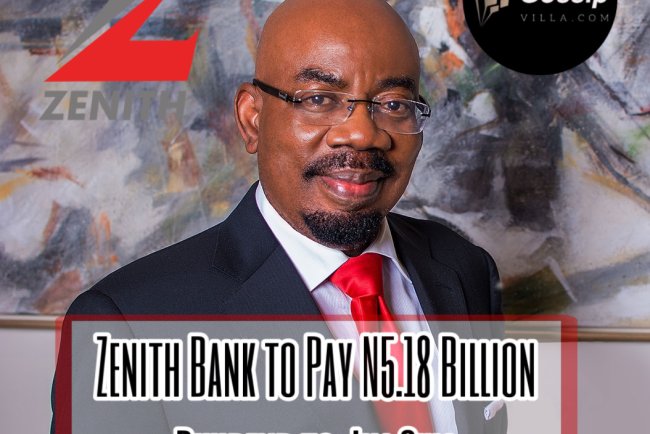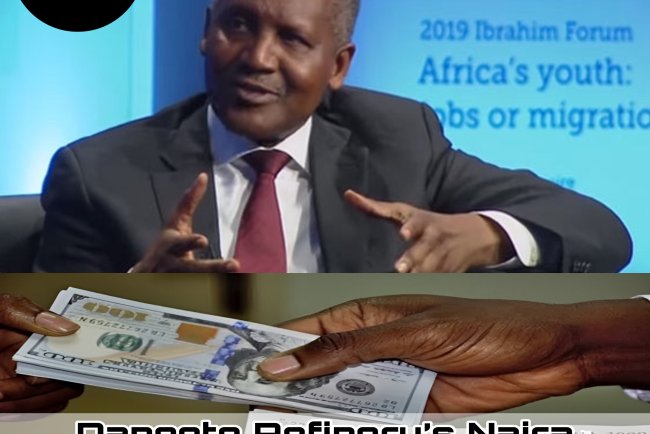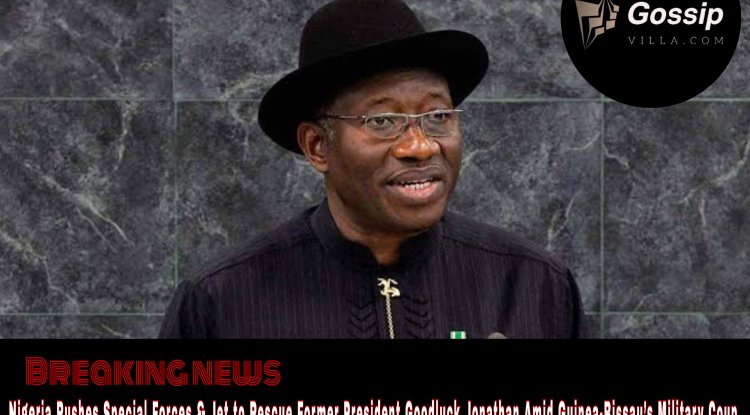Poverty Surge in Nigeria Hits 139 Million Despite Tinubu’s Reforms ~World Bank
Over 139 million Nigerians live in poverty despite economic reforms, says the World Bank. High inflation, weak infrastructure, and limited aid hinder progress.
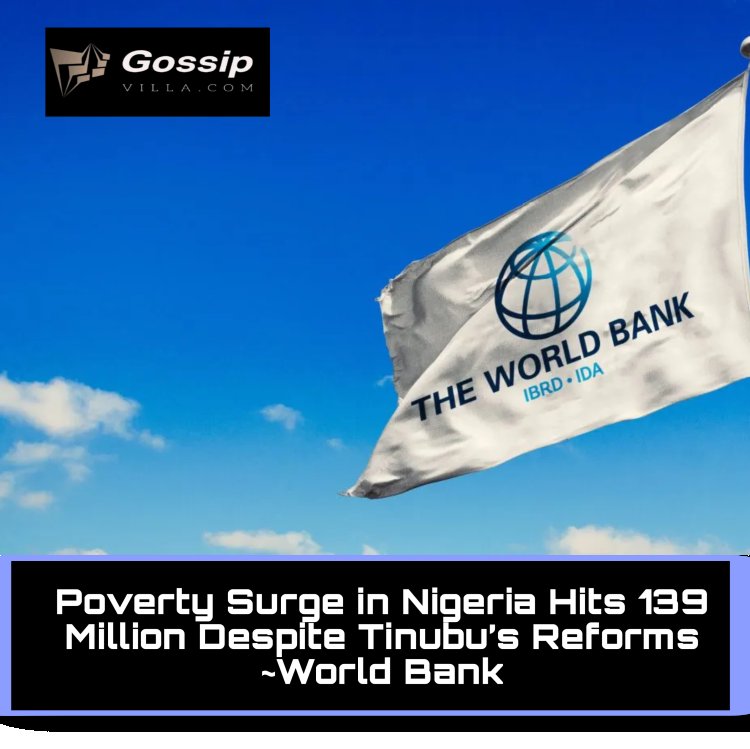
Poverty Surge in Nigeria Hits 139 Million Despite Tinubu’s Reforms
~World Bank
In a nation bursting with potential, Africa’s most populous country and a hub of vibrant culture, innovation, and natural resources, it’s heartbreaking to confront the reality that over more than half the country are living in poverty in 2025, despite government efforts to fix the economy. That’s the stark finding from the World Bank’s latest Nigeria Development Update. This number has skyrocketed from 87 million in 2023, showing that recent reforms, while promising, aren’t reaching the people who need help most. Here’s a clear look at what’s happening, why, and what can be done.
What’s Driving the Poverty Crisis?
Nigeria’s economy has been a rollercoaster. The government, led by President Bola Tinubu since May 2023, made big moves to stabilize it:
• Floating the Naira: Letting the currency’s value adjust to market forces.
• Cutting Fuel Subsidies: Ending costly subsidies to save government funds.
• Tightening Monetary Policy: Raising interest rates to curb inflation, which hit 34% in mid-2025.
These steps boosted non-oil revenue and rebuilt foreign reserves, winning praise from investors and the World Bank. But for ordinary Nigerians, life got tougher. Removing fuel subsidies spiked petrol prices, doubling transport and food costs. Food inflation is at 40%, making basics like rice unaffordable for many. In rural areas, especially in the North, poverty rates top 70%, worsened by floods and conflict.
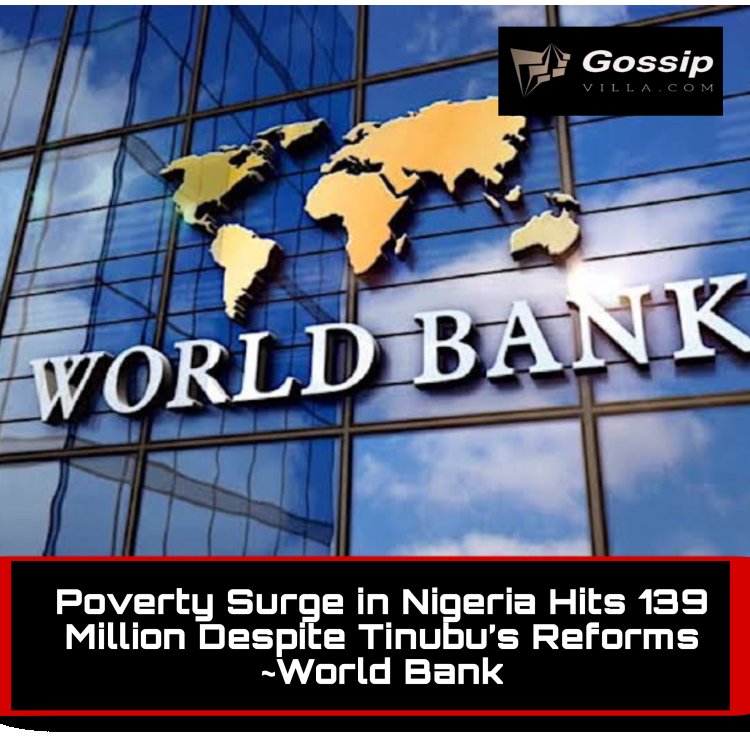
The Human Toll
Poverty in Nigeria isn’t just about money—it’s about survival. The World Bank highlights:
• 70 million lack clean water.
• 114 million don’t have proper sanitation.
• 20 million kids are out of school.
• High mortality: 512 mothers die per 100,000 births; 104 kids per 1,000 don’t reach age five.
For families, this means tough choices: Skip meals or school fees? In the Northeast, where Boko Haram’s violence displaced millions, recovery is slow. Youth unemployment is over 33%, pushing many to risky migration or low-paying informal jobs.
Why Aren’t Reforms Working for All?
The World Bank says reforms are a step forward but miss the mark for most Nigerians. Here’s why:
• Oil Dependency: Oil still makes up 90% of exports, leaving little room for other sectors.
• Weak Infrastructure: Only 55% of Nigerians have reliable electricity.
• Limited Safety Nets: Just 15% of the poor get government aid like cash transfers.
• Corruption and Mismanagement: Even with progress, leakages drain resources.
The poverty surge started before Tinubu 81 million were poor in 2019 but reforms haven’t reversed it. The gap between policy wins and people’s lives is glaring.
Solutions to Break the Cycle
The World Bank suggests three clear steps:
1. Control Inflation: Keep monetary policies tight but support families with subsidies for food and essentials.
2. Spend Smarter: Invest in agriculture and tech to create jobs, ensuring funds reach local communities.
3. Expand Aid: Scale up cash transfers and health programs to reach 40 million more by 2027.
The World Bank’s Electrification Project has powered 5.9 million homes, boosting small businesses, especially for women. Scaling these efforts could spark real change.
Nigeria’s Potential
Nigeria has incredible assets: a young population, booming tech hubs like Lagos, and vast farmland. But turning this potential into progress needs action. Leaders must prioritize people over numbers, fight corruption, and invest in education and healthcare. The World Bank is backing Nigeria with $510 million in loans, but it’s up to the government, businesses, and citizens to work together.
As Nigerians gear up for the 2027 elections, voices like opposition leader Peter Obi’s are amplifying the urgency, decrying how “other countries lift people out of poverty, but Nigerians fall into it.” International allies, including the World Bank, stand ready with $510 million in recent loans to fuel inclusive growth.
In the end, poverty isn’t inevitable—it’s a policy choice. By prioritizing people over headlines, Nigeria can rewrite its story.
Sources
What's Your Reaction?







